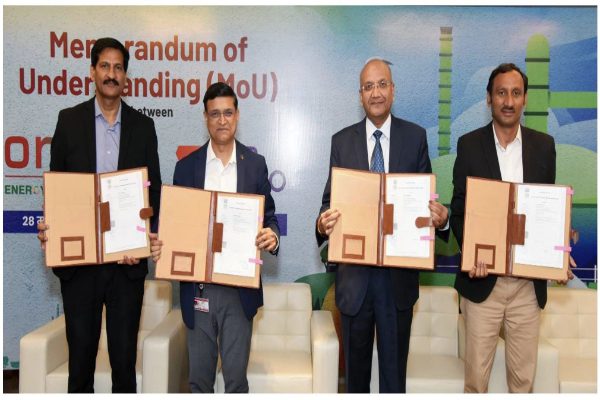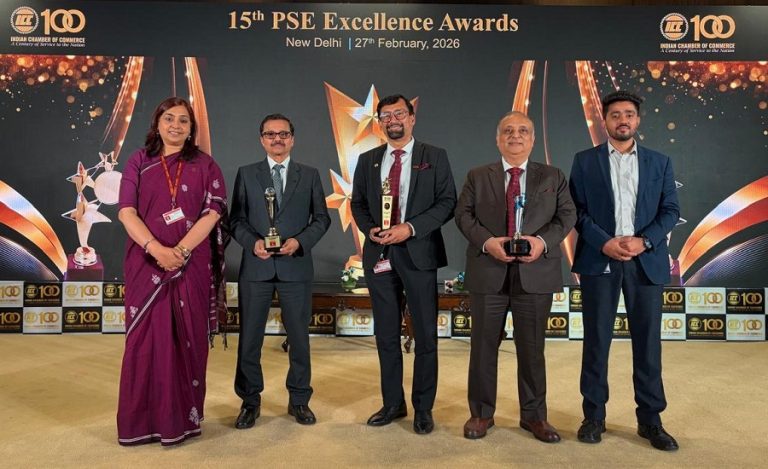Energy Maharatna ONGC and EverEnviro Resource Management Pvt. Ltd., a leading developer of compressed biogas (RNG) in India, have joined forces to set up 10 Compressed Biogas (CBG) plants across the country. The two firms signed a memorandum of understanding (MoU) to formalize this partnership.
The 50:50 joint venture between ONGC and EverEnviro is a significant step toward reducing India’s dependence on imported gas and boosting domestic renewable energy production. This initiative aligns with the government’s Global Bio-Fuels Alliance and its ambitious goal of achieving net-zero carbon emissions by 2070. By utilizing diverse feedstocks such as agricultural waste, agro-industrial waste, energy crops, and municipal solid waste (MSW), the partnership aims to mitigate approximately 7.5 lakh tons of CO2 equivalent annually.
Satyan Kumar, ONGC’s Executive Director (Chief Corporate Strategy), emphasized the importance of alternative fuels like biogas in meeting India’s energy demands while promoting circular economy principles and effective waste management.
“ONGC aims to achieve net-zero by 2038, and transitioning to clean energy is urgent. Our partnership with EverEnviro in establishing CBG plants will significantly contribute to mitigating carbon emissions,” Kumar stated.
Deepak Agarwal, EverEnviro’s Executive Director (BD and Strategy), highlighted the collaboration as a milestone in advancing renewable energy production in India. “These projects will support key government initiatives such as the GOBARdhan scheme, Waste to Wealth, Make in India, Circular Economy, and Atmanirbhar Bharat. The fermented organic manure produced as a byproduct of CBG will promote regenerative agriculture, enhancing soil health and fertility in the catchment areas,” Mr. Agarwal added.
EverEnviro has ambitious plans to establish over 100 CBG plants across India using diverse feedstock, including MSW, agro waste, and agro-industrial waste. The organization is currently executing more than 20 CBG projects across Madhya Pradesh, Uttar Pradesh, Delhi, and Punjab, with a significant capital investment of nearly Rs 2,000 crores. These projects are expected to produce a robust output of 320 metric tons of CBG per day.
This joint venture marks a significant advancement in India’s renewable energy sector, promising substantial environmental and economic benefits.






























